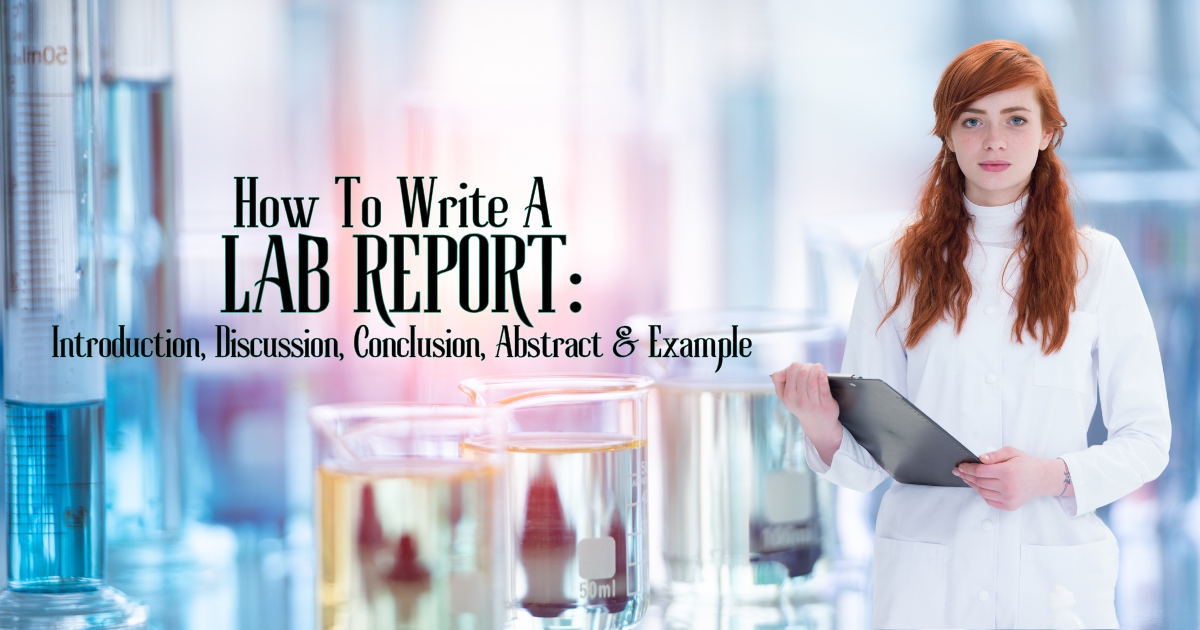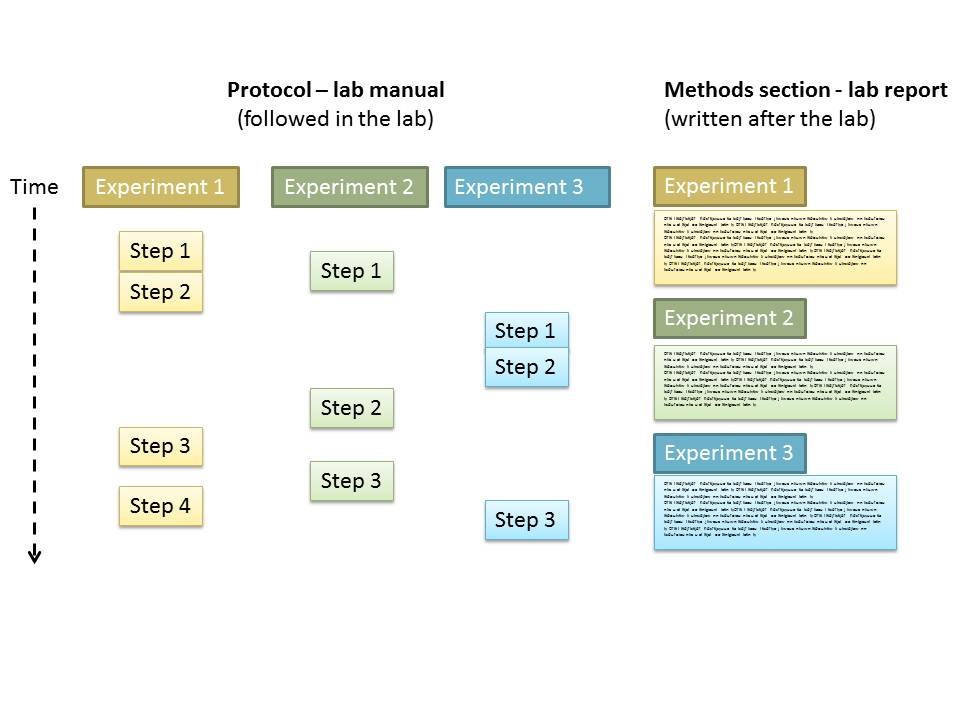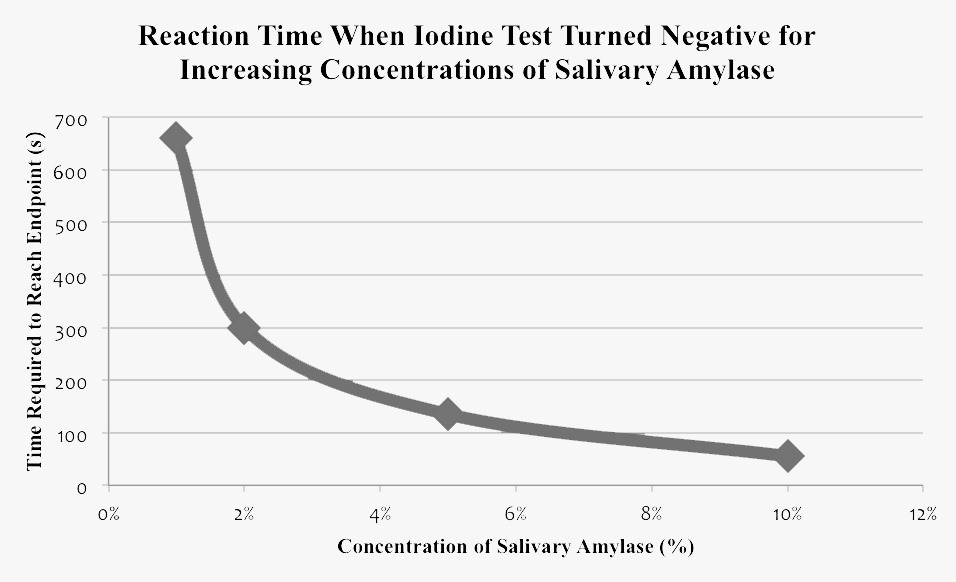
One of the most important skills for scientists and engineers is writing lab reports. In addition to recording your experiment, a well-organised lab report improves your capacity to evaluate and communicate scientific results. We’ll take you through ten strong stages in this tutorial to help you write a lab report that satisfies professional and academic requirements.
The purpose of a lab report is to:
Clearly state the purpose of the experiment.
Record the methods and resources utilised.
Examine information and make insightful deductions.
Share results with teachers and classmates.
Writing a lab report with clarity and impact requires a basic understanding of its objective. In addition to outlining what you did, your report should also explain why you did it and the significance of the findings. A well-written lab report exhibits critical thinking, accuracy, and scientific communication abilities, regardless of whether it is for professional or academic study. You will improve your analytical and scientific writing skills if you take the time to learn these concepts.
Check out Comprehensive Guide to Scientific Writing for more thorough knowledge of academic writing.
The majority of organisations and publications use this format:
Title: An overview of the experiment in brief
In summary: A synopsis of the report
Overview: Background data and conjecture
Techniques: Procedures and supplies utilised
Findings: Presentation of data
Talk about: Interpretation of the results
In summary: An overview of the main conclusions
Citations: References
Make sure your title is clear, descriptive, and contains keywords. For instance: “10 Powerful Steps to Writing an Effective Lab Report”
The main points should be summed up in the abstract:
For instance: “The chemical characteristics of sodium chloride are examined in this lab report. Its solubility and reactivity with different chemicals were validated by the experiment. The findings support the characteristics of sodium chloride and are consistent with other studies”.
Your introduction should:
A proper introduction structure will lead the entire lab report format. The introductory section should briefly demonstrate how the chosen topic matters within the scientific field. The next step should present an explicit research question together with the objective of the experiment. When introducing new research findings it helps to support them with information from past studies and appropriate literature references. State the hypothesis as the prediction you have made regarding the experiment results. The use of an effective introduction will catch readers’ attention and establish a solid base for the upcoming report content.
Users seeking advanced writing guidance should consult Harvard College Writing Center.

Be specific in listing:
Materials: Chemicals, equipment, and tools
Procedure: Step-by-step process
Detailed documentation of methods and materials within a report enables others to reproduce the experiment. Each experimental material needs to be fully enumerated with both quantitative and specific information to allow reproduction of this experiment. Each step of the procedure needs to be described logically following a clear and precise pattern. The description needs to exclude unrelated details yet all fundamental operation steps must be included. Visual presentations including flowcharts together with images help readers understand the information better while strengthening the effectiveness of the section.
Example:
The experiment utilized a 250mL beaker together with distilled water and 5g sodium chloride as the main materials. The solution heated to 60°C for a period of 10 minutes.

Consult the Data Science Journal for more on data visualisation methods.
Describe the data’s tendencies.
Compare results with previous studies.
Address the shortcomings and mistakes
For instance: “Our findings are consistent with earlier research on the solubility of sodium chloride. Nevertheless, slight variations were seen as a result of temperature fluctuations.
Reiterate the goal.
List the main conclusions.
Make recommendations for enhancements to future studies.
Make use of reputable sources and adhere to a recognised citation format (APA, MLA, IEEE). For instance: “Smith, J. (2020). Principles of Chemistry. Cambridge University Press.”
Accurately citing your sources is crucial for credibility and academic honesty. To guarantee uniformity and clarity, adhere to the necessary formatting requirements. Errors may be avoided and the reference process streamlined by using citation management software such as EndNote or Zotero. Furthermore, you may make sure that your sources are current and reliable by cross-referencing your citations with scholarly databases like Google Scholar. Make sure your reference section is correctly formatted and consistent by proofreading it.
Consult Purdue OWL for citation guidelines.
Clear writing, meticulous accuracy, and methodical organisation are necessary for the liquid production of iohexol for human consumption. You may create organised reports that efficiently convey important information by following these ten solid rules.
The Purdue OWL website’s Lab Writing Guide and StudyCreek are among other sources you may use.
Utilize the techniques outlined above to improve your ability to write laboratory reports.
Delivering a high-quality product at a reasonable price is not enough anymore.
That’s why we have developed 5 beneficial guarantees that will make your experience with our service enjoyable, easy, and safe.
You have to be 100% sure of the quality of your product to give a money-back guarantee. This describes us perfectly. Make sure that this guarantee is totally transparent.
Read moreEach paper is composed from scratch, according to your instructions. It is then checked by our plagiarism-detection software. There is no gap where plagiarism could squeeze in.
Read moreThanks to our free revisions, there is no way for you to be unsatisfied. We will work on your paper until you are completely happy with the result.
Read moreYour email is safe, as we store it according to international data protection rules. Your bank details are secure, as we use only reliable payment systems.
Read moreBy sending us your money, you buy the service we provide. Check out our terms and conditions if you prefer business talks to be laid out in official language.
Read more